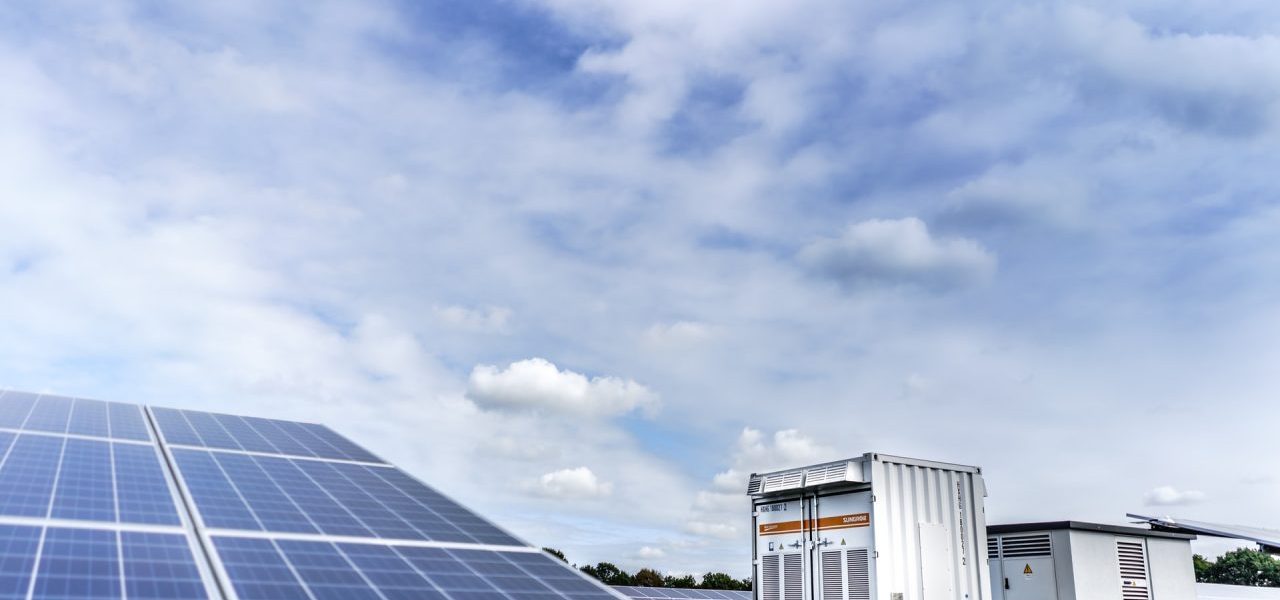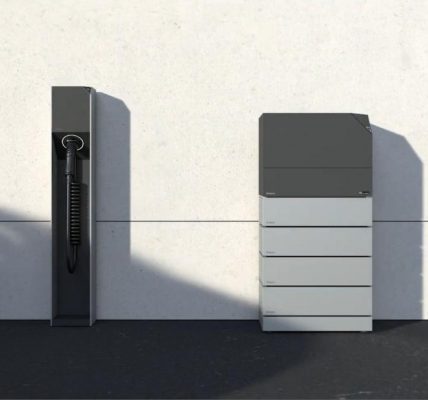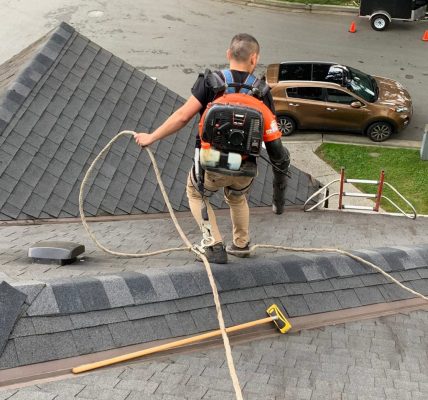Solar panels have emerged as an increasingly popular option for homeowners looking to harness renewable energy and reduce their reliance on traditional electricity sources. These Solar Panels For Home, often installed on rooftops or in open spaces, work by converting sunlight into electricity through a process called the photovoltaic effect.
Components of a Solar Panel System
What Solar Panels For Home work, it’s essential to grasp the key components of a solar panel system. These include photovoltaic cells, inverters, racking systems, and monitoring systems. Each component plays a crucial role in the generation, conversion, and monitoring of solar energy.
The adoption of solar panels offers numerous benefits for homeowners. Firstly, it leads to substantial cost savings on electricity bills over time. Additionally, solar energy is renewable and environmentally friendly, reducing carbon emissions and mitigating climate change. Moreover, relying on solar power enhances energy independence, as homeowners become less reliant on external energy providers.
How Solar Panels Work
At the core of solar panels are photovoltaic cells, which are typically made of silicon and other conductive materials. When sunlight hits these cells, it excites the electrons within, generating an electric current. This direct current (DC) is then passed through an inverter, where it’s converted into alternating current (AC), suitable for powering household appliances and electronics.

Installation Process of Solar Panels
Installing solar panels involves several steps, beginning with a thorough site assessment to determine the optimal placement and orientation for maximum sunlight exposure. Following this, homeowners need to obtain permits and complete necessary paperwork before the installation day. On the installation day, professionals mount the panels securely and connect them to the electrical grid.
Maintenance of Solar Panels
To ensure optimal performance, regular maintenance of solar panels is essential. This includes periodic cleaning to remove dirt, dust, and debris that may obstruct sunlight absorption. Additionally, homeowners should monitor the performance of their solar panels and schedule professional inspections as needed to identify and address any issues promptly.
Solar panels offer a sustainable and cost-effective solution for generating electricity for home use. By understanding how solar panels work and their associated benefits and installation processes, homeowners can make informed decisions to embrace renewable energy and contribute to a greener future.






